

Like Lennon or McCartney, and Ant vs. Dec, when it comes to diesel vs. petrol cars, everyone’s got an opinion on which one’s better. But how do you decide for yourself and what do you need to consider to make the right decision?
Back in November 2020, the UK Government announced a ban on sales of all new petrol and diesel cars after 2030, in order to meet some challenging sustainability targets. But as the ban only affects new cars for now, there’s still plenty of mileage left in choosing a petrol or diesel car and lots of time left to drive them.
But how do you work out the diesel vs petrol pros and cons? Let’s look at the different aspects of car ownership and see how the different fuel types measure up.
Petrol and diesel cars both run on internal combustion engines, with the difference between petrol and diesel engines coming down to the combustion sequence. If you’re not an enthusiast, you won’t be interested in the technical jargon, but you’ll want to know how the differences affect performance, reliability and the costs of buying and repairing the cars.
Once you understand the main differences in the diesel vs. petrol engine debate, you’ll be able to make the choice that fits best with your needs.
In the past, diesel engines were labelled as noisy and unrefined, but newer diesels benefit from turbocharging to smooth the performance and noise levels are reduced inside modern cars.
Diesel engines have a powerful fuel injection so are generally more responsive and have better torque than their petrol counterparts, as well as having more pulling power, making them a good choice if you tow a caravan or trailer.
Petrol engines need to be revved to perform well, so they suit a sportier driving style and might be more fun to drive in towns or built-up areas, as well as being more suited to shorter journeys.
As diesel engines run by compressing fuel at higher pressures than their petrol equivalents, this can put more strain on the engine causing it to have problems. Diesels also suffer issues with the expensive-to-replace diesel particulate filter that’s so important in keeping down emissions.
Diesel cars can take longer to repair, spending more time in the garage workshop, and parts and labour can be more expensive.
Diesel cars are known for having better fuel economy, especially when it comes to motorway driving. Diesel currently costs more than petrol at the pump but looking at diesel vs petrol fuel price over time, diesel works out cheaper because of its lower fuel consumption.
If you drive over 15,000 miles a year, mostly on motorways, from a fuel efficiency point of view driving a diesel car makes sense. But if most of your journeys are local trips to the shops or a short commute, a petrol engine will almost always be a better option.
Diesel cars previously had higher car tax to pay compared to petrol cars, but since 1 January 2021 all new cars must comply to the emissions standard Euro 6d, which means diesel cars will no longer cost more to tax in their first year.
When it comes to longevity, diesel does last longer than petrol, as diesel fuel can prolong the life of an engine compared to petrol engines. But diesel engines can cost more to repair due to their complexity and need for regular engine filter changes.
And when it comes to insurance, diesel cars may cost more to insure, due to their higher initial cost and also the costs to repair or replace them after accident or theft.
Diesel cars have a reputation for being harder on the environment than petrol. Diesel cars produce around 8 times more Nitrogen Oxide (NOx) than petrol cars, an emissions gas that’s been closely linked to health issues around the world.
Petrol cars also damage the environment, with the potential of high climate-changing Carbon Dioxide (CO2) emissions.
New types of cars such as hybrid models and electric cars are still not entirely blameless when it comes to the environmental impact, as CO2 emissions come into play in the creation of electricity to run these cars, and of course some cars are better than others within the same fuel category.
Over 50 and looking for car insurance? – Find out about what Saga has to offer today.
Modern diesel and petrol cars carry similar safety features, with airbags, anti-lock brakes and pre-collision technology working to keep accidents to a minimum.
One area where diesels differ is back to the way the engine works again. Petrol cars have spark plugs that are more likely to ignite fuel and cause an engine fire, whereas diesel’s use of air compression removes this risk factor.
When it comes to safety for the environment, the dangers of NO2 and CO2 emissions are the main reason for the government’s ban on new petrol and diesel car sales from 2030.
Diesel cars were promoted as a good choice by UK Governments over the last decade or so because they were seen to have lower CO2 emissions and better fuel economy than petrol cars.
Incentives such as lower road tax and company car tax made diesels more appealing, but they have also been seen as a major contributor to rising levels of air pollution.
You should consider a diesel car if you drive lots of motorway miles, and if you are keen to get the best fuel economy. A petrol car might be better if you live and drive in a city, with petrol better than diesel for short journeys and if you’re concerned about overall costs.
Choosing a new car is exciting and with so much to consider, when it comes to petrol vs diesel you’ll want to choose a car you’ll enjoy driving for years to come.
Whether you're looking for straightforward insurance or cover that's packed with extras, our car insurance has plenty of options for people over 50.


Choose our highest car cover level Saga Plus and freeze the price of your car insurance for 3 years if nothing changes. T&Cs apply.
There's plenty to explore and learn about our car insurance cover.
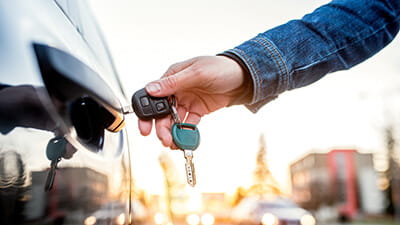
It’s never too late to improve your driving skills and enjoyment with advanced driving courses
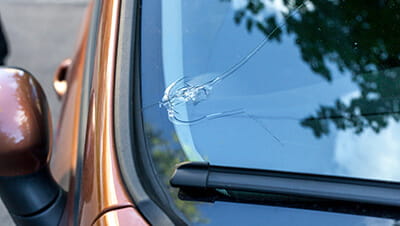
It’s easy to get a crack or chip in your windscreen, so make sure your insurance covers you for windscreen repair.

Looking to add a named driver? Find out what a second driver means for your insurance policy and your no claims discount.

Your needs and experience catered for, with over 50s car insurance from Saga
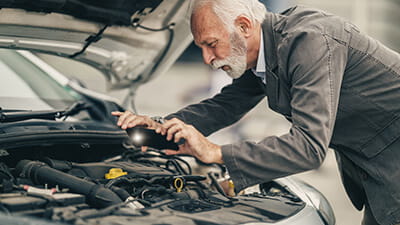
Fancy becoming your very own car salesperson? Read our tip tips for how to sell a car privately.

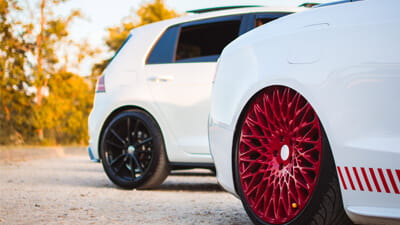
Check which car tax band your vehicle falls into using our handy guide.
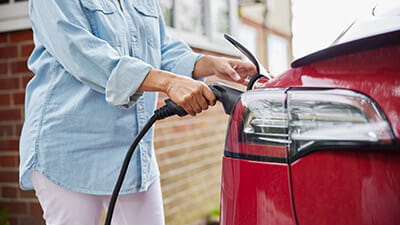
Leasing an electric car can be a flexible and affordable way to test out this new technology.
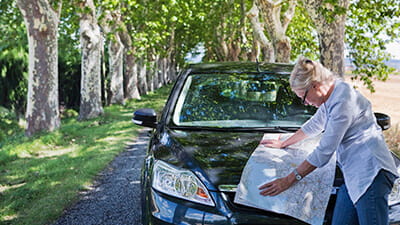
Drive in over 30 European countries for as long as you like, ready for anything with our handy guide to driving abroad.

The UK has some of the best road trip destinations in the world. But which road trips are best suited to electric cars and the specific model you have? We’ve analysed things like distance and availability of charging points along the best roads the UK has to offer.
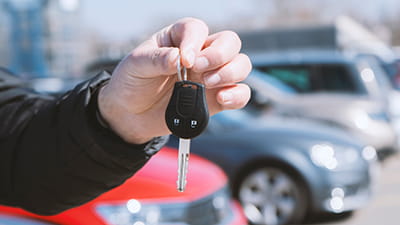
You’ll be back on the road in no time with a courtesy car to keep you mobile while yours is being repaired.

A simple guide to GAP insurance – what is it and when do you need to consider it?